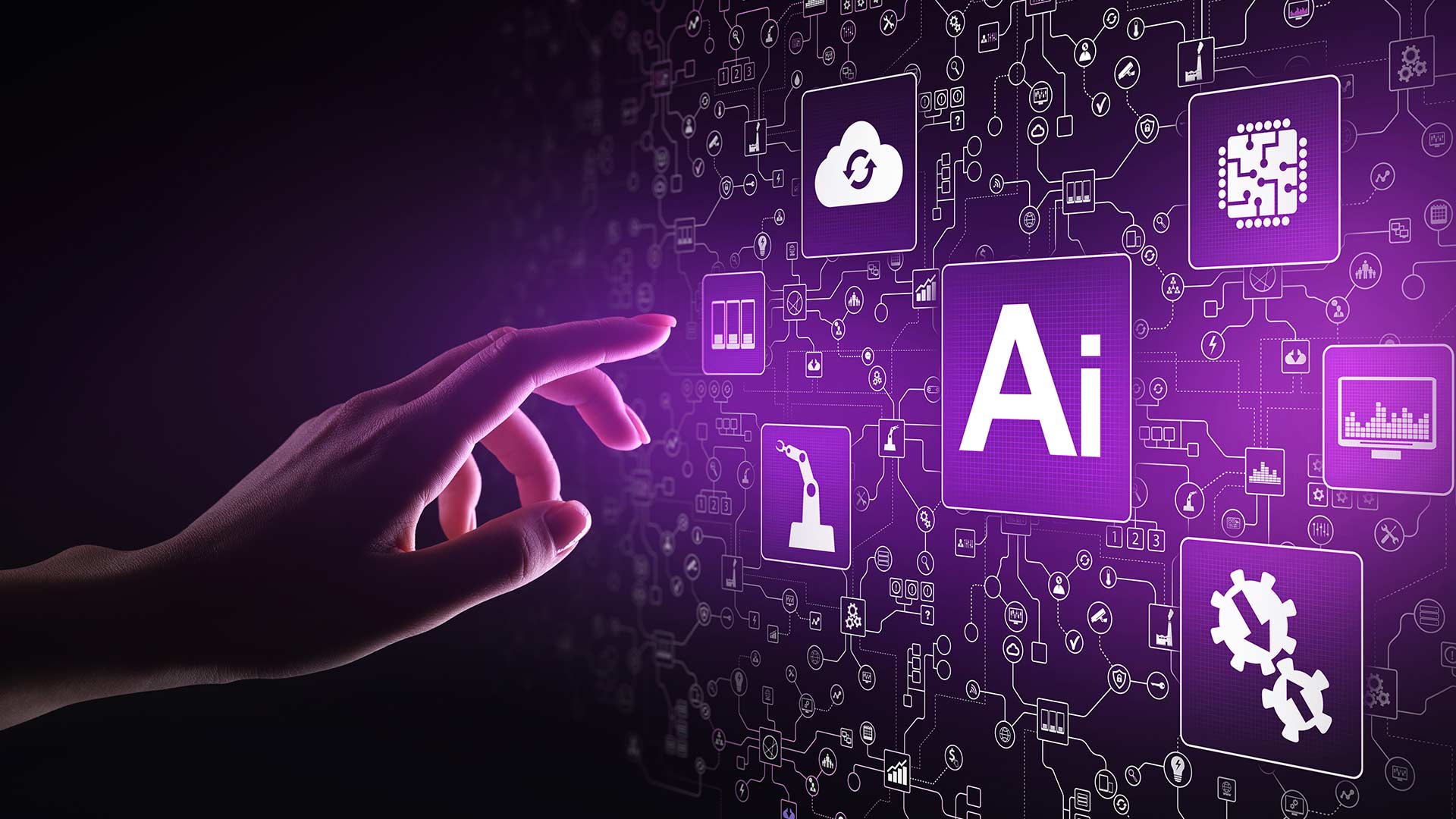In the fast-paced digital era, search engine optimization (SEO) has become the cornerstone of online success for businesses worldwide. As the competition intensifies, staying ahead in the search engine rankings is paramount to attracting organic traffic and driving growth. Fortunately, the advent of artificial intelligence (AI) has revolutionized the way SEO is conducted, offering new tools and strategies that empower businesses to optimize their websites effectively. In this blog post, we will explore how AI is reshaping the SEO landscape and its incredible potential for enhancing online visibility and engagement.
Understanding AI in SEO
Artificial Intelligence is a branch of computer science that aims to create machines capable of performing tasks that typically require human intelligence. Artificial intelligence in seo plays a crucial role in analyzing vast amounts of data, identifying patterns, and making intelligent decisions to enhance a website’s performance. AI technologies, such as machine learning and natural language processing, enable marketers and SEO professionals to make data-driven decisions, discover meaningful insights, and develop tailored strategies for better rankings and increased organic traffic.
Enhanced Keyword Research
Keyword research is the foundation of any successful SEO strategy. AI-driven tools allow marketers to delve deeper into keyword analysis, uncovering hidden opportunities and understanding user intent better. AI-powered algorithms can identify relevant long-tail keywords, related search terms, and semantic keyword variations, giving businesses a competitive edge in targeting specific audience segments. This level of precision ensures that the content aligns perfectly with what users are searching for, ultimately improving search engine rankings.
Personalized Content Creation
Content remains king in SEO, and AI has taken content creation to a whole new level. AI-driven natural language generation tools can create high-quality, engaging content at scale. These tools can analyze existing content, understand the context, and generate new articles, blog posts, and product descriptions that sound human-written. This not only saves time and resources but also helps businesses maintain a consistent stream of fresh and relevant content that resonates with their target audience.
Improved User Experience
User experience is a critical factor in SEO. Search engines like Google prioritize websites that offer a seamless and enjoyable user experience. AI plays a crucial role in optimizing the user experience by analyzing user behavior, click-through rates, and other engagement metrics. By understanding user preferences and behavior, AI-powered SEO tools can recommend personalized content, improve website navigation, and reduce bounce rates, leading to higher rankings and increased organic traffic.
AI-Powered On-Page Optimization
On-page optimization involves fine-tuning elements on a webpage to improve its visibility to search engines and users. AI algorithms can scan webpages and identify areas that need improvement, such as optimizing meta tags, headers, image alt texts, and internal linking structures. By implementing AI-driven recommendations, businesses can ensure their web pages are highly relevant and well-optimized, contributing to improved search engine rankings.
Predictive Analysis for SEO
Predictive analytics using AI empowers businesses to forecast SEO trends and make proactive decisions to capitalize on opportunities and mitigate risks. AI algorithms can analyze historical data, industry trends, and competitor activities to predict changes in search engine algorithms, keyword performance, and consumer behavior. Armed with these insights, businesses can adjust their SEO strategies accordingly, staying ahead of the competition and capitalizing on emerging trends.
AI-Powered Voice Search Optimization
The rise of voice-activated digital assistants like Siri and Alexa has changed the way people search for information online. AI is instrumental in voice search optimization, as it helps businesses understand natural language queries and optimize content to match conversational search patterns. By tailoring content for voice search queries, businesses can capture the growing number of voice search users, enhancing their online visibility and attracting more organic traffic.
Conclusion
Artificial Intelligence has undoubtedly become a game-changer in the world of SEO. By leveraging AI-driven tools and strategies, businesses can gain a competitive advantage, achieve higher search engine rankings, and drive substantial organic traffic. The power of AI in keyword research, content creation, user experience optimization, on-page SEO, predictive analysis, and voice search optimization is transforming the way businesses approach SEO.
As AI continues to advance and evolve, its impact on SEO will only grow stronger. Embracing AI-driven SEO strategies will be imperative for businesses that want to thrive in the highly competitive digital landscape. By staying abreast of the latest AI technologies and incorporating them into their SEO efforts, businesses can unlock the full potential of artificial intelligence and pave the way for sustained online success.



